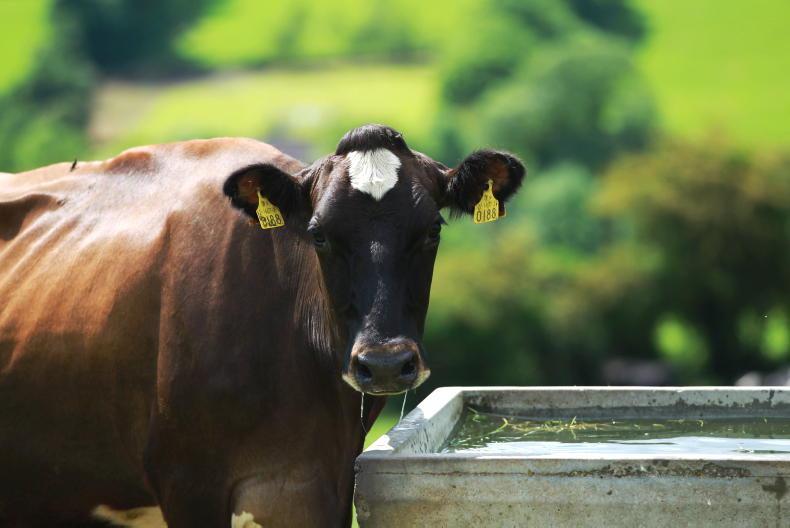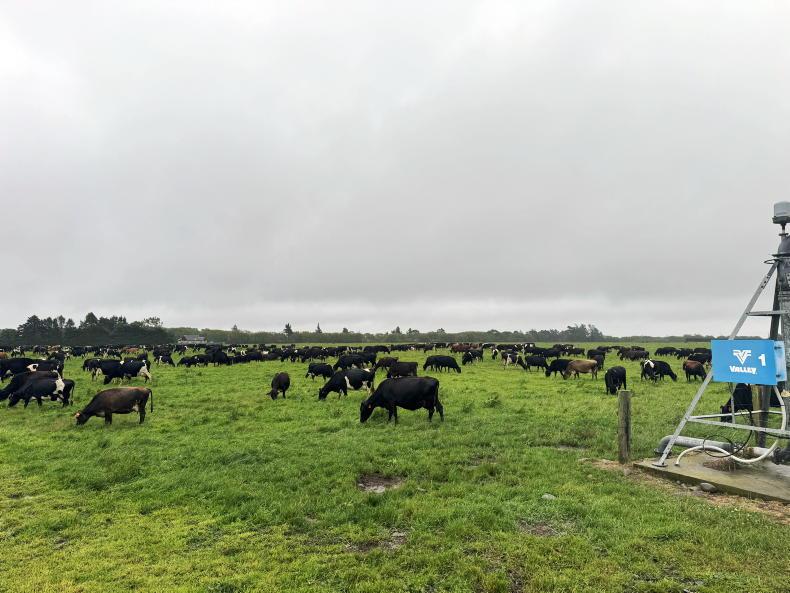The New Zealand government has thrown €4.6m behind a programme seeking to create a bolus that will reduce cattle methane emissions by “at least” 70%.
Ruminant BioTech, the company behind the bolus, also received €5.7m in industry backing to finance its plans to bring the emissions bolus to dairy, beef and sheep farmers by 2025.
It stated that the bolus is undergoing “rigorous clinical research” which has suggested that the product will remain effective against methane emissions for at least six months.
Within five years of putting the product on shelves, the firm is aiming to have the bolus used on 100m cows.
Chief executive of Ruminant BioTech George Reeves explained that preliminary results look promising for the bolus, although its efficacy appears to wane as time goes on.
“Our slow-release bolus delivers a methane inhibitor at the site of methane production, in the rumen. Preliminary trials achieved 90% methane emissions reduction over 80 days,” said Reeves.
“While these initial results were extremely positive, our goal is to develop a bolus that achieves 70% methane mitigation over six months.”
‘Game changer’
The firm argues that reducing methane emissions from agriculture must be done without affecting production.
The six-month bolus has the potential fit well into grass-fed farming systems, it maintains.
“The aim is for our bolus solution to be suited to every ruminant animal, on every New Zealand farm,” Reeves went on.
“There is no other solution currently available anywhere in the world like it. It’s a real game changer.”










SHARING OPTIONS